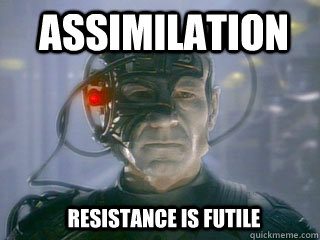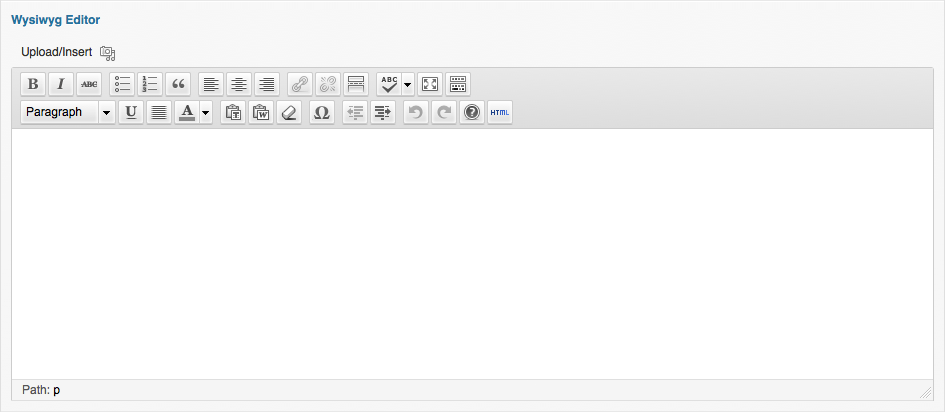In a Hewlett Packard online survey of 527 college students at San Jose State University, 57 percent of students who responded said they preferred print materials to e-books when studying. When citing reasons for their preference, 35 percent of print users cited “note-taking ability” as a reason for preferring print vs. six percent of those who favored e-books.
Great stat for hypothes.is..


